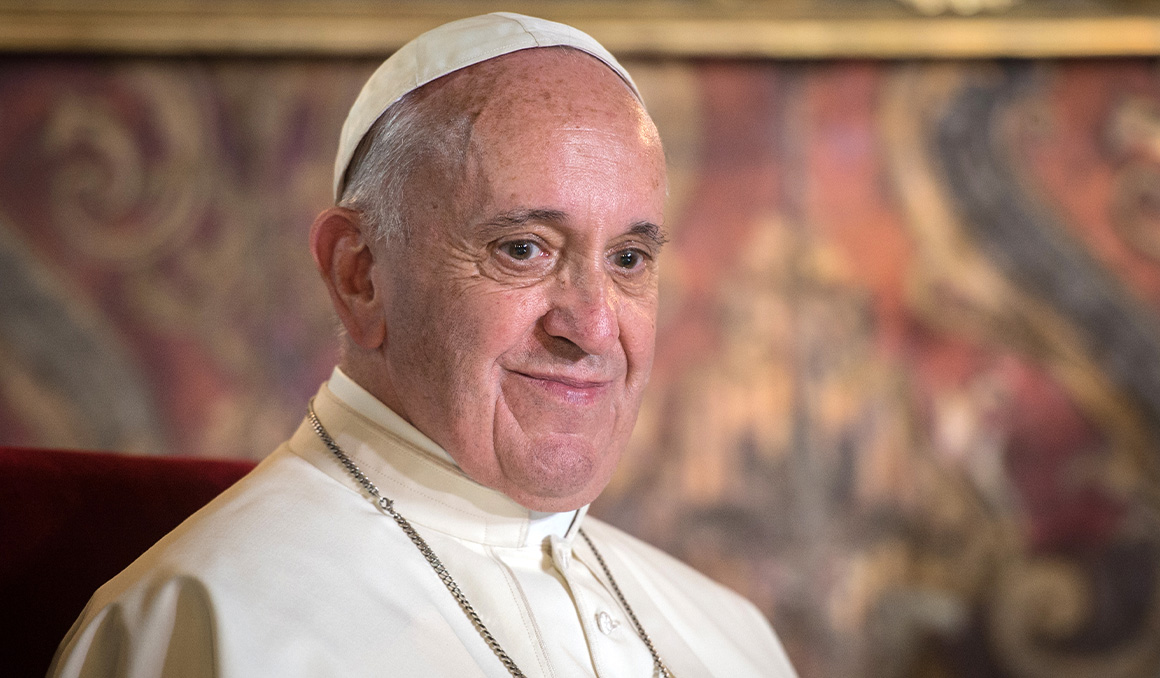CV NEWS FEED // Angelus News recently highlighted economist Catherine Pakaluk’s work Hannah’s Children: The Women Quietly Defying the Birth Dearth, in which the mother of eight interviews college-educated mothers of large families from around the country.
Angelus News reports that only 5% of women in the U.S. have five or more children, and Pakaluk chose five because she thought it indicated a conscious commitment to having a large family.
In the book, Pakaluk explained why she herself chose to have so many children, citing reasons besides the Catholic faith’s teaching against birth control.
“I supposed it boils down to some sort of deeply held thing, possibly from childhood —” she wrote, “a platinum conviction — that the capacity to conceive children, to receive them into my arms, to take them home, to dwell with them in love, to sacrifice for them as they grow, and to delight in them as the Lord delights in us, that that thing, call it motherhood, call it childbearing, that that thing is the most worthwhile thing in the world — the most perfect thing I am capable of doing.”
Pakaluk interviewed women from various religious, and sometimes secular, backgrounds and differing socioeconomic brackets, in 10 regions throughout the United States. Some were career women, others stay-at-home moms, and their children were educated in various modes, from public school to homeschooling.
The first woman interviewed in the book, Hannah, is a Jewish mother of seven living in a New England college town. She told Pakaluk that her reasons for choosing to have so many children are “reasons of the heart.”
Hannah added that motherhood helped her reach a deeper sense of identity, considering that in her youth she was searching for her identity. “I’m not searching now,” she said simply.
Another review of Hannah’s Children, by professor Clara Piano, reflected more deeply on the theme of identity. She wrote that while much of contemporary cultures laments “losing oneself” in motherhood, the mothers Pakaluk interviewed saw it in the opposite light.
“They didn’t lose their identity after having their children, rather, they gained a new identity, meaning, and purpose,” Piano wrote. “They now shared something, in a profound way, with their long chain of ancestors who had also experienced the hardship and privilege of keeping one’s children fed, clothed, and sheltered. They had gained the identity of a mother, but perhaps even more, gained new insight into what it means to be someone’s child.”
The mothers in the book also noted the healing power of infants, Piano noted. She said stories of healing kept coming up with the mothers, despite the fact that Pakaluk did not prompt the question.
Piano wrote that one mother described babies as a “sunlamp,” writing, “when you look at a baby, they look at you like they’re staring at God…They just look at you like you are the best thing in the whole world and who doesn’t need to hear that?”
Piano reflected that spending time around infants could bring this healing to young women (and men) struggling in mental health crises of modern culture. She wrote that “thinking purposefully about exposure to babies might be a promising avenue for future research. At the very least, it can help young men and women think more accurately about the benefits of children as they plan for their own futures.”
Pakaluk’s book can be purchased at most major booksellers.


 By CatholicVote | Created at 2025-01-14 22:06:12 | Updated at 2025-01-15 04:57:08
6 hours ago
By CatholicVote | Created at 2025-01-14 22:06:12 | Updated at 2025-01-15 04:57:08
6 hours ago








